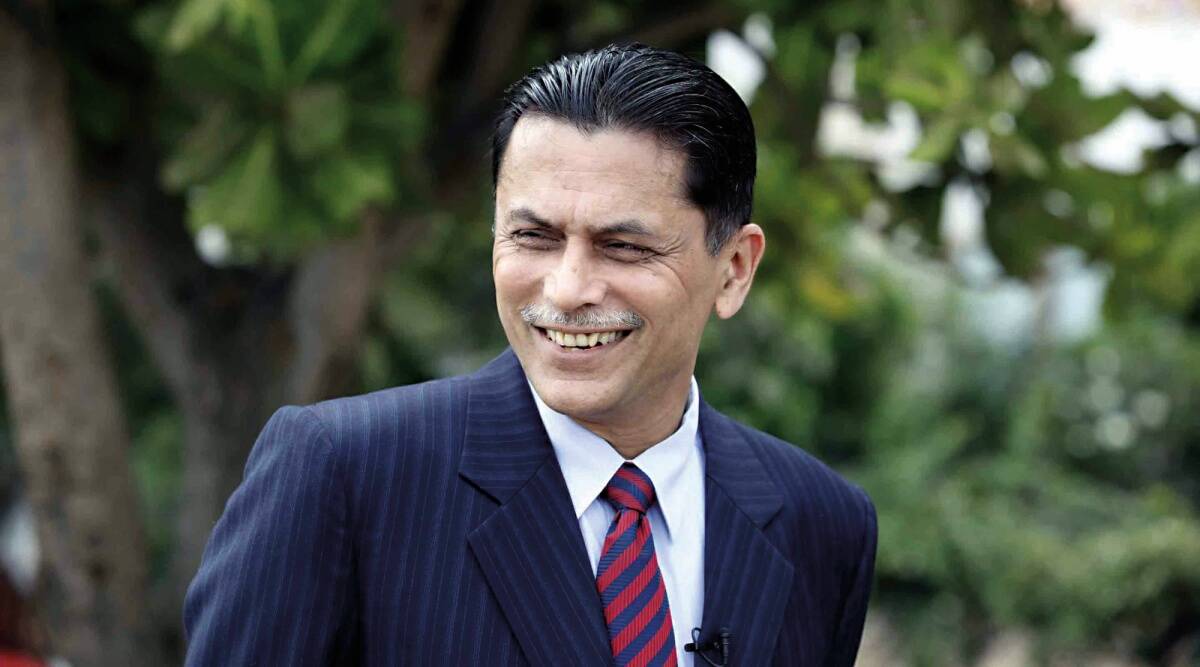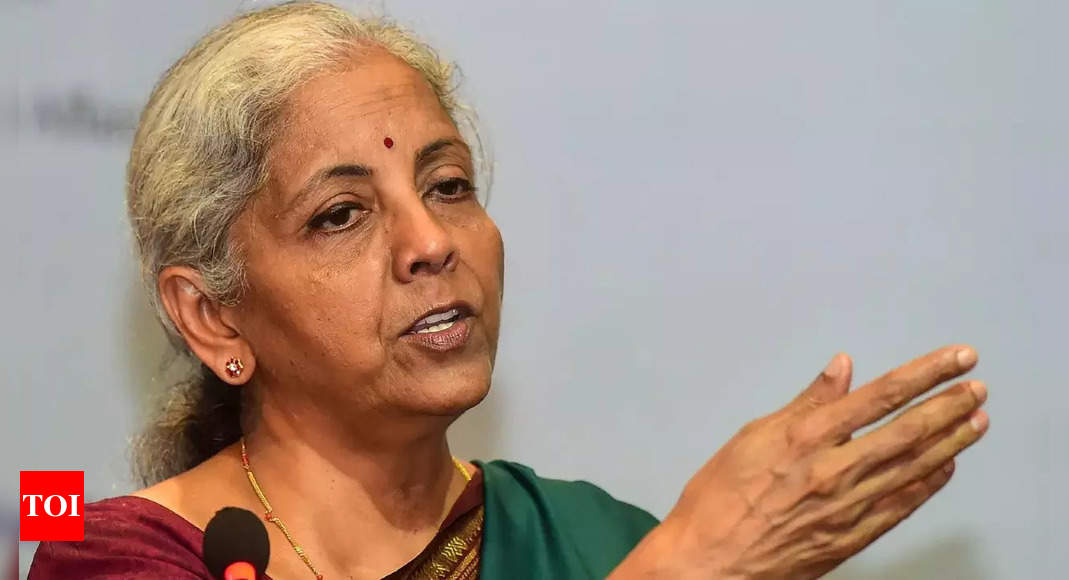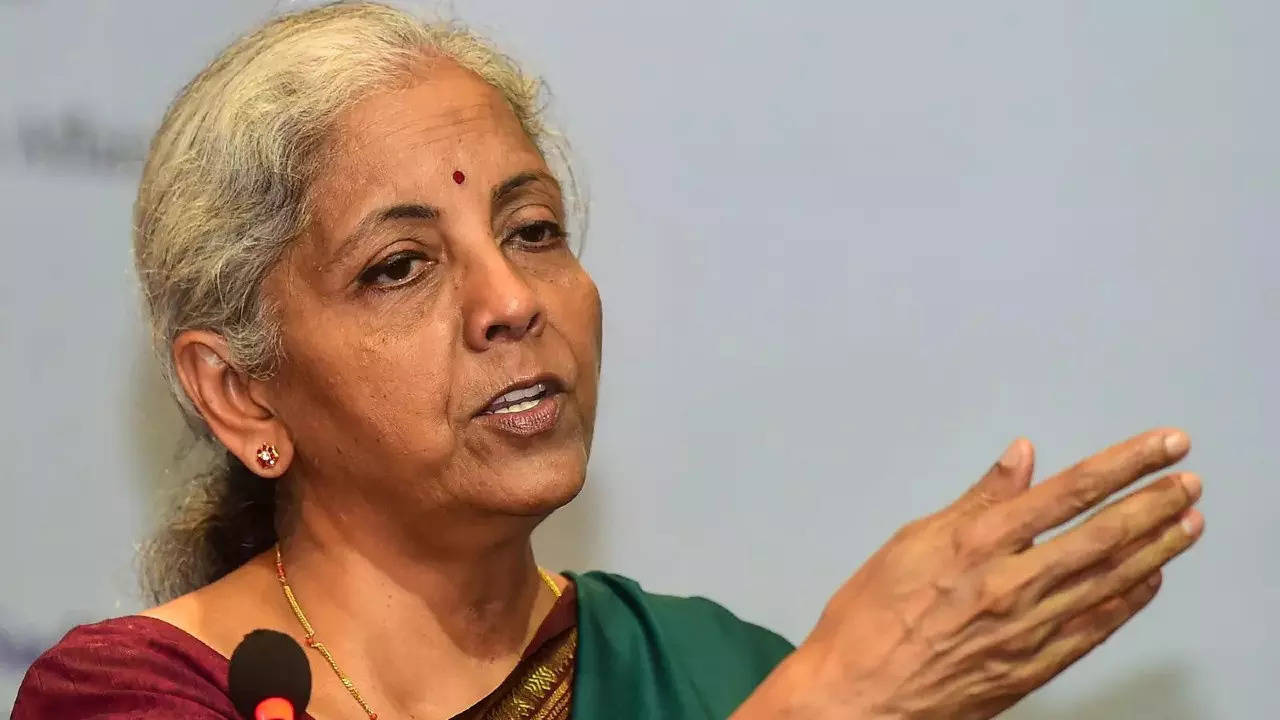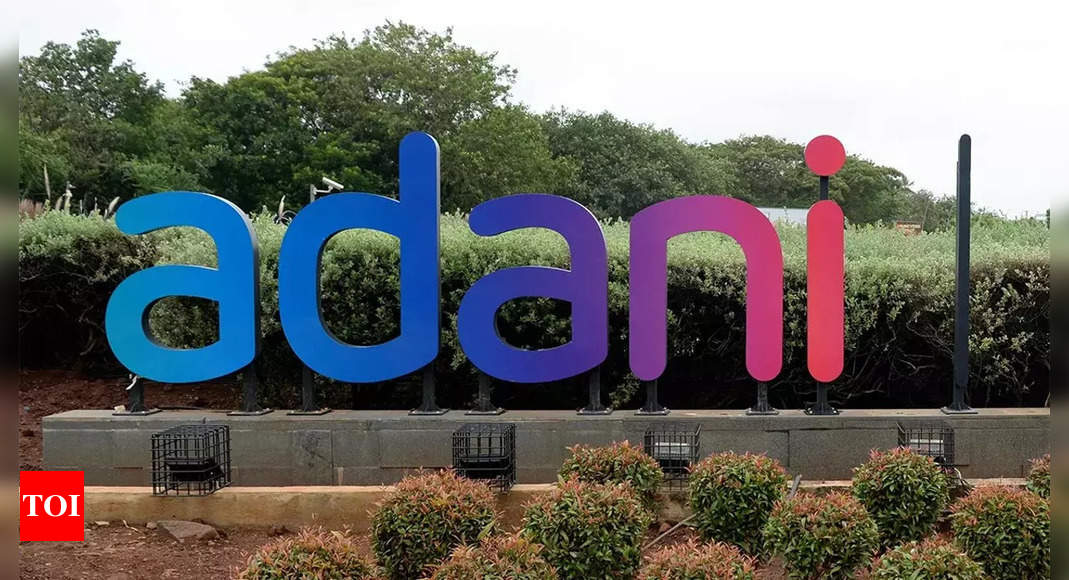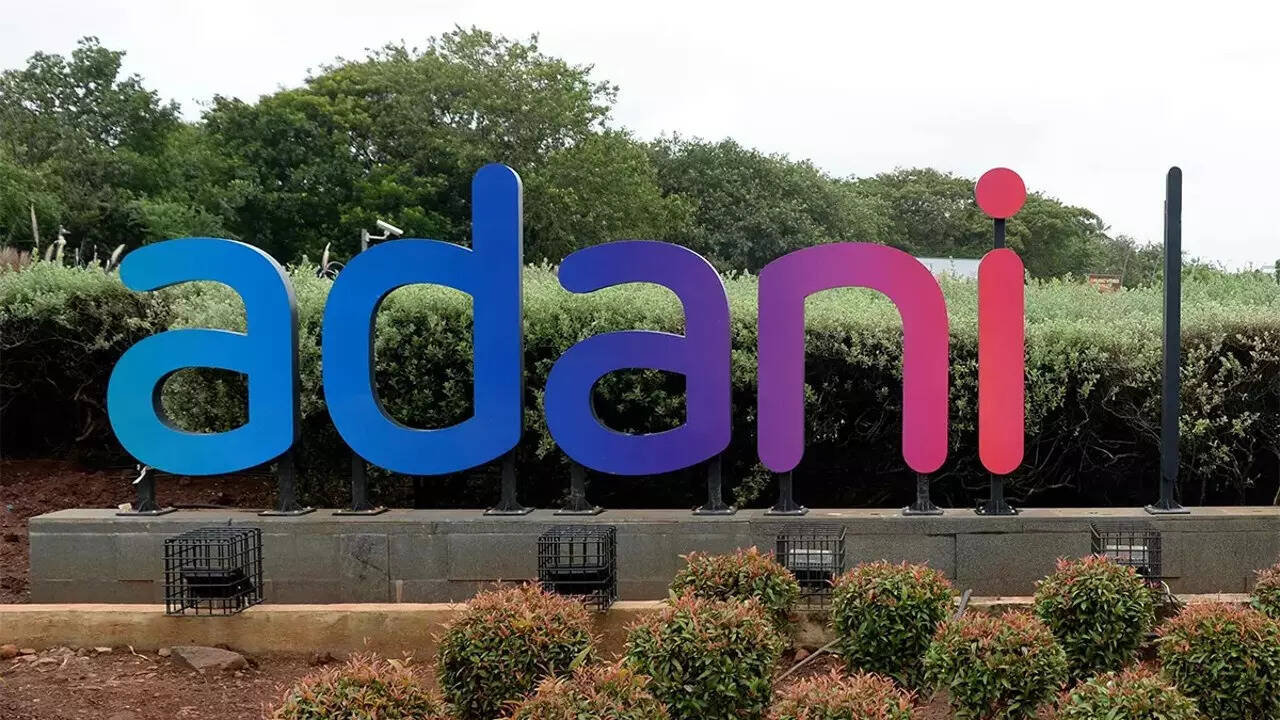[ad_1]
Six entities including four foreign portfolio investors (FPIs) are under the lens for suspicious trading in Adani Group shares prior to the release of the damning Hindenburg report, the Supreme Court-appointed expert committee has said.
There was a build up of short positions in the Adani scips prior to the January 24 release of the Hindenburg report, and substantial profits were booked thereafter as stocks crashed, the 178-page report said.
A “short” position is generally the sale of a stock one does not own.
Investors who sell short believe the price of the stock will decrease in value. If the price drops, they can buy the stock at the lower price and make a profit.
Also Read | Hindenburg-Adani case | Supreme Court-appointed expert panel ‘clears’ SEBI
Hindenburg’s report claimed that the Adani empire was the “biggest con in corporate history” engaged in a “brazen stock manipulation and accounting fraud scheme”.
Shares of Adani Group, which denied all allegations, likening the U.S. investment firm’s report to an attack on India, fell after the Hindenburg report was published on January 24.
As the report stirred a political row and petitions were filed for a probe into the empire helmed by billionaire Gautam Adani, the Supreme Court on March 2, constituted the expert committee to investigate if there was any failure to disclose transactions with related parties and if stock prices were manipulated.
The expert committee headed by former SC Judge A.M. Sapre found no regulatory failure during the sharp rise in prices of Adani Group companies between March 2000 and December 2022 and their dramatic meltdown after January 24.
“While there was no adverse observation with respect to Adani scips in the cash segment, suspicious trading has been observed on the part of six entities. These are four FPIs, one body corporate and one individual,” the report said.
The report did not name any of the six.
“The trading pattern here is suspicious because of the build up of short positions by these entities in the Adani scrips prior to the Hindenburg report, and substantial profits earned by them by squaring off their short positions after publication of the Hindenburg report on January 24, 2023,” the expert committee said.
A detailed investigation is being carried out in respect of the trading of the six entities.
“These being matters under investigation, and the factual findings at this stage being prima facie in nature, the Committee is not delving into the details and names of these persons, or commenting upon the quality of the prima facie evidence.
“The committee wishes to ensure that the position of the respective parties, including SEBI, is not compromised either way when investigations are pending,” the report said.
Financial crime-fighting agency Enforcement Directorate (ED) “found intelligence about potentially violative and concerted selling by specific parties just ahead of the publication of the Hindenburg report, and this may lead to credible charges of concerted destabilisation of the Indian markets, and SEBI ought to be probing such actions under securities laws,” it said citing a response from ED.
The report said an analysis in trading of apples-to-port group’s flagship firm, Adani Enterprises Ltd (AEL) shares in four patches between March 1, 2020, and December 31, 2022, a month before publication of the Hindenburg report and meltdown of Adani shares, showed the state-owned LIC was the biggest loser as it sold offs 50 lakh shares of the company when prices hovered around ₹300 and bought 4.8 crore shares when the prices ranged between ₹1,031 and ₹3,859.
After a detailed scrutiny of the movement of prices of Adani shares and their sale and purchase by different entities, the committee found no evidence of price manipulation of stocks by firms linked to the Adani Group.
Trading in AEL shares was analysed in four periods — March 1, 2020, to August 31, 2020, (Patch-1), September 1, 2020, to September 30, 2020, (Patch-2), October 1, 2020, to March 31, 2021, (Patch-3) and April 1, 2021, to December 31, 2022, (Patch-4).
Stock market regulator Securities and Exchange Board of India (SEBI) informed the committee that “while the price of AEL shares rose significantly, there was no evident pattern of manipulative contribution of price rise which could be attributed to any single entity or group of concentrated entities.”
[ad_2]
Source link
For more information call us at 9891563359.
We are a group of best insurance advisors in Delhi. We are experts in LIC and have received number of awards.
If you are near Delhi or Rohini or Pitampura Contact Us Here


